1. Alaska
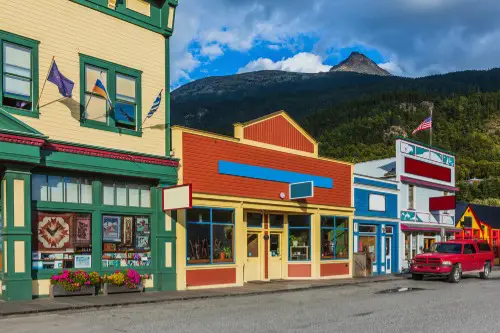
If you want true independence, Alaska is about as off-grid as it gets. With vast wilderness, low population density, and some of the most relaxed building codes in the country, it’s a paradise for homesteaders, Kelsi Karruli from The New York Post explains. The long winters and harsh climate can be tough, but plenty of people successfully live off the land with solar panels, wood stoves, and hunting. Remote areas often have no access to utilities anyway, so off-grid living isn’t just an option—it’s the default.
The state also offers some financial incentives for renewable energy, making solar and wind power more accessible. Land is relatively affordable, especially in more remote areas, though transporting supplies can get pricey. Many off-gridders in Alaska rely on small-scale farming, fishing, and rainwater collection to sustain themselves. If you’re looking for a true frontier lifestyle, Alaska is the ultimate choice.
2. Arizona
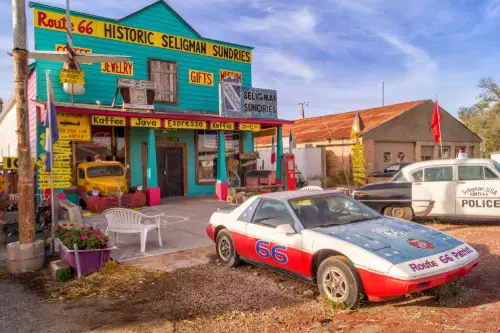
Arizona’s abundant sunshine makes it a top pick for solar power, which is a game-changer for off-grid living. The state has some of the least restrictive zoning laws, especially in rural counties, where you can build tiny homes, earthships, or even live in an RV without much hassle, according to the Arizona Daily Independent. Water can be an issue in some areas, but rainwater harvesting and well drilling are both legal and commonly used solutions. The dry climate also reduces the need for complicated waste management systems, making composting toilets a popular choice.
Land in Arizona is still relatively affordable, especially in desert regions where larger plots are available for cheap. Off-gridders in Arizona often rely on permaculture techniques to grow food in the arid environment. Many areas have strong off-grid communities, meaning you won’t have to do everything alone. If you don’t mind the heat, Arizona is one of the easiest places to set up an off-grid homestead.
3. Missouri
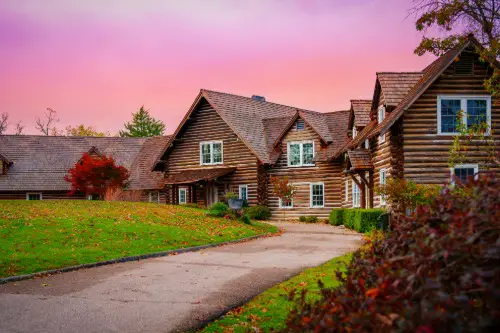
Missouri is one of the most off-grid-friendly states due to its low land prices and lax building codes, according to Natalie Nunn from Ozarks First. Rural counties allow a wide range of alternative housing, including earthbag homes, cob houses, and even converted school buses. The climate is moderate, with enough rainfall to support farming and water collection. Unlike in desert states, wells are relatively easy to drill, making water access less of a challenge.
Property taxes in Missouri are low, and the state doesn’t heavily regulate rainwater harvesting or composting toilets. There’s also a growing off-grid and homesteading community, especially in the Ozarks, where people have been living self-sufficiently for generations. Solar power works well here, but many homesteaders also use wood-burning stoves for heating during the winter. If you want affordable land and minimal government interference, Missouri is a solid choice.
4. Montana
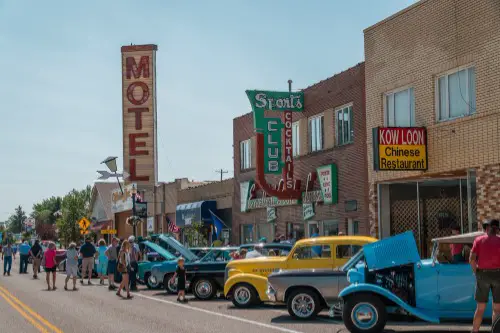
Montana offers wide-open spaces, beautiful scenery, and a rugged, self-sufficient culture that makes off-grid living very doable, according to Abby Casey from XL Country 100.7. Land is reasonably priced, especially in the eastern part of the state, where you can buy large parcels for cheap. The long winters can be challenging, but many off-gridders use a combination of solar, wind, and wood-burning stoves to stay warm. With abundant natural resources, it’s easy to hunt, fish, and grow food during the warmer months.
Building codes in Montana vary by county, with many rural areas having few restrictions. The state also allows rainwater harvesting and has relatively simple septic system regulations. Off-grid communities exist throughout the state, providing a support network for new homesteaders. If you’re comfortable with a colder climate and a bit of isolation, Montana offers plenty of freedom.
5. Idaho
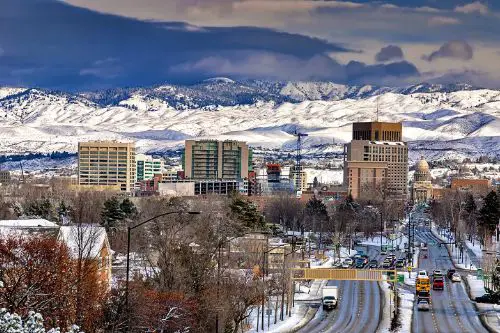
Idaho has become increasingly popular for those seeking a self-sufficient lifestyle, and for good reason. The state has a mix of farmland, forests, and mountains, giving off-gridders plenty of options depending on their preferred environment. Building codes are relaxed in many rural counties, allowing for alternative housing styles like straw bale homes or tiny houses. Solar power works well in southern Idaho, while wind and hydroelectric systems are viable in mountainous regions.
The cost of living is relatively low, and land remains affordable compared to neighboring states like Washington or Oregon. Many off-grid residents in Idaho rely on well water, which is easy to access in most parts of the state. The strong farming culture means it’s easy to learn about growing food and raising livestock. If you want a balance of freedom, natural beauty, and reasonable costs, Idaho is a fantastic option.
6. Tennessee

Tennessee has a mild climate, making it easier to grow food year-round without extreme heating or cooling needs. The state has low property taxes and no income tax, making it financially appealing for off-gridders. Water is plentiful, with lots of natural springs, rivers, and high groundwater tables that make well drilling affordable. Rural areas have few building restrictions, so you can experiment with earth homes, yurts, or other alternative housing types.
The state also has a strong homesteading community, especially in the Appalachian region, where self-sufficiency has been a way of life for centuries. Rainwater collection is legal, and wood is abundant for heating in the winter. The cost of land is still reasonable, though prices have been rising due to an influx of people seeking a rural lifestyle. If you want a self-sufficient setup without extreme weather conditions, Tennessee is a smart choice.
7. Kentucky
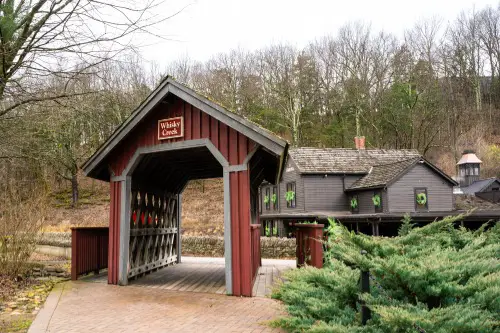
Kentucky is an excellent off-grid state thanks to its affordable land, mild climate, and abundant natural resources. Many rural areas have little to no zoning laws, allowing for alternative housing options like earthbag homes, tiny houses, and even off-grid cabins. Water is plentiful, with natural springs and a high water table making well drilling relatively easy. The moderate climate means you can grow food year-round with the right setup, making it ideal for homesteading.
Property taxes in Kentucky are low, and the state doesn’t place heavy restrictions on things like composting toilets or rainwater collection. Firewood is abundant, making it easy to heat your home in winter without relying on fossil fuels. Many communities in the Appalachian region have a long history of self-sufficiency, so you won’t be alone in your off-grid journey. If you want an affordable, fertile place to live off the land, Kentucky is a great option.
8. Oregon
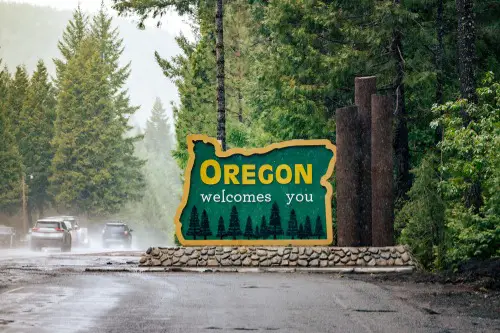
Oregon has a strong off-grid culture, particularly in the rural eastern part of the state, where land is still relatively affordable. The state is known for being environmentally conscious, making it easy to find like-minded communities that support sustainable living. Solar and hydroelectric power are both viable options here, especially in areas with steady rainfall or access to rivers. Some counties have strict building codes, but others are very lenient, allowing for alternative housing methods.
Water rights can be tricky, but rainwater collection is legal, and many homesteaders successfully drill wells or tap into natural springs. The growing season is longer in the western part of the state, while the drier eastern regions require more careful planning. Oregon also has a strong culture of local food production, so finding seeds, livestock, and support networks is easier than in many other states. If you want a mix of natural beauty and progressive sustainability laws, Oregon is worth considering.
9. Texas
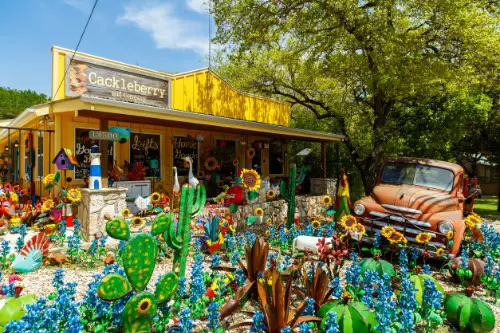
Texas is a massive state with plenty of space for off-grid living, particularly in the rural areas of West Texas. The state has few zoning restrictions in many counties, allowing for innovative housing solutions like tiny homes, container homes, and even underground shelters. The hot climate makes solar power a great option, and many off-gridders take advantage of Texas’s abundant sunshine. However, water access can be a challenge, so rainwater collection systems or deep wells are often necessary.
Land in Texas is relatively affordable in certain regions, particularly in desert areas where large plots can be bought for cheap. Property taxes can be high, but there’s no state income tax, which helps balance out costs. Many Texas homesteaders raise livestock or grow drought-resistant crops to adapt to the dry conditions. If you’re looking for a state with a strong independent spirit and lots of open land, Texas is a solid choice.
10. West Virginia
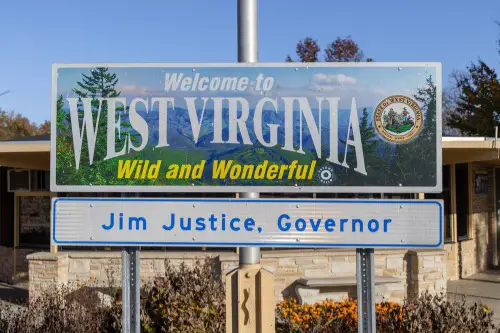
West Virginia is one of the most underrated states for off-grid living, with incredibly cheap land and minimal government interference. The mountainous terrain provides plenty of natural water sources, making well drilling and rainwater collection easy. The moderate climate allows for successful farming, and there’s an abundance of firewood for heating in the winter. Many rural areas have few, if any, zoning laws, so you can build your off-grid home however you like.
The cost of living is among the lowest in the country, making it an attractive place for those on a budget. The Appalachian culture values self-sufficiency, so finding a community of like-minded people isn’t hard. Hunting and fishing are also popular ways to supplement food supplies, with plenty of public land available for these activities. If you want low costs and a self-reliant lifestyle, West Virginia is hard to beat.
11. Wyoming
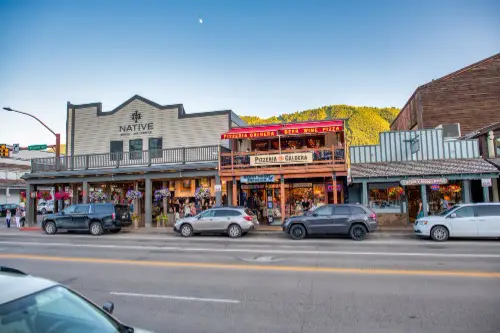
Wyoming is the least populated state in the U.S., meaning you’ll have no trouble finding a remote place to go off-grid. The state has some of the most lenient zoning and building codes, making it easy to construct an off-grid homestead without government interference. With wide-open land and abundant wind resources, many off-gridders in Wyoming use wind power in addition to solar. The dry climate means water access can be challenging, but wells and rainwater harvesting help make it manageable.
Property taxes are low, and there’s no state income tax, making Wyoming financially attractive for off-grid living. Hunting and fishing are excellent here, providing another way to supplement your food supply. The winters can be harsh, so a well-insulated home and reliable heating source are a must. If you’re looking for solitude and freedom, Wyoming is one of the best choices in the country.
12. Maine
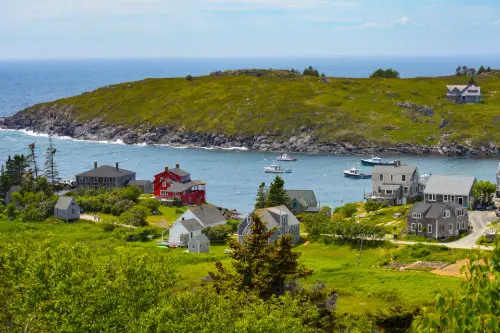
Maine is a top-tier choice for off-grid living thanks to its abundant natural resources and low-cost land in rural areas. With plenty of forests, rivers, and fertile soil, homesteaders have no trouble finding land suitable for self-sufficient living. The state has a long history of independent living, and many people already rely on wood heat, solar power, and well water. Some counties have strict building codes, but many rural areas allow for flexible housing options.
The biggest challenge in Maine is the cold winters, which require good insulation and a steady supply of firewood or other heating fuel. However, the state has a strong off-grid community, offering plenty of support and knowledge-sharing. Fishing, hunting, and farming are all viable ways to sustain yourself in this rugged environment. If you don’t mind the cold, Maine offers some of the best natural resources for living off-grid.
13. Arkansas
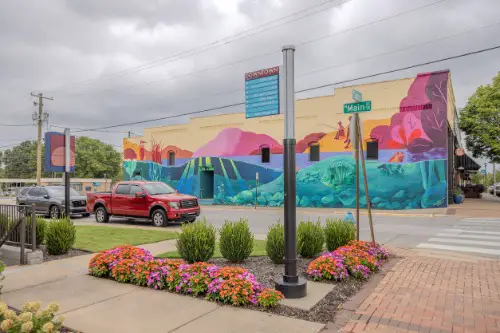
Arkansas offers an affordable cost of living and a mild climate that makes off-grid living easier than in many other states. The Ozark region, in particular, has a thriving off-grid and homesteading community, with many people growing their own food and generating their own power. Rainwater collection is legal, and well drilling is relatively inexpensive compared to drier states. The warm climate extends the growing season, allowing for more food production.
Building codes are lenient in many rural areas, and alternative housing options are widely accepted. There’s plenty of timber for heating and building, and hunting and fishing opportunities are abundant. The state also has lower property taxes than many of its neighbors, making long-term sustainability more affordable. If you want a balance of affordability and self-sufficiency, Arkansas is a great option.
14. Nevada
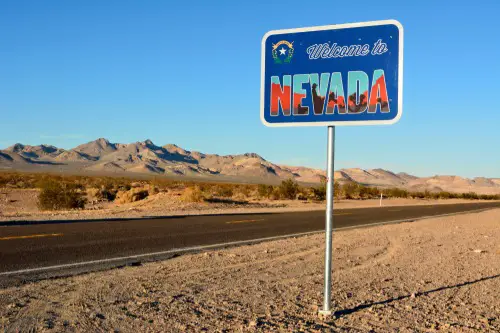
Nevada might not be the first state that comes to mind for off-grid living, but it has some major advantages. The state has some of the most relaxed building codes, especially in rural areas, where alternative housing is widely accepted. The desert climate means solar power is highly effective, and Nevada even has incentives for renewable energy projects. Water is the biggest challenge, but rainwater harvesting and underground cisterns help many off-gridders stay independent.
Land in Nevada is still relatively cheap, particularly in less-developed areas outside of major cities. With no state income tax and low property taxes, the financial side of off-grid living is appealing. Many off-grid residents in Nevada rely on permaculture techniques to make the most of the arid environment. If you can handle the dry climate, Nevada offers a lot of freedom for those wanting to live off-grid.
15. North Carolina
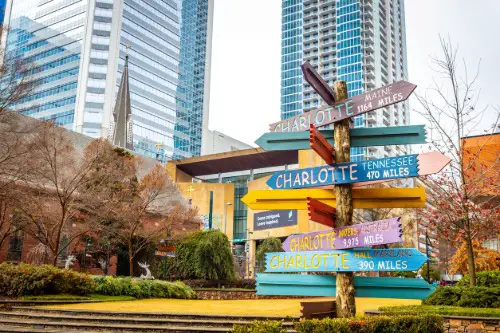
North Carolina is a great state for off-grid living thanks to its mild climate and affordable land. The western part of the state, particularly in the Appalachian Mountains, has a long tradition of self-sufficient living. Rainwater collection is legal, and there are plenty of natural water sources, making well drilling easier. The moderate winters mean you won’t need as much heating compared to northern states.
The state has a growing off-grid and homesteading community, providing support for those looking to make the transition. Solar power works well in most parts of the state, and there are even incentives for renewable energy use. Many rural areas have flexible building codes, allowing for tiny homes, earthbag houses, and other alternative structures. If you want a mix of natural beauty, good growing conditions, and reasonable regulations, North Carolina is a strong choice.


